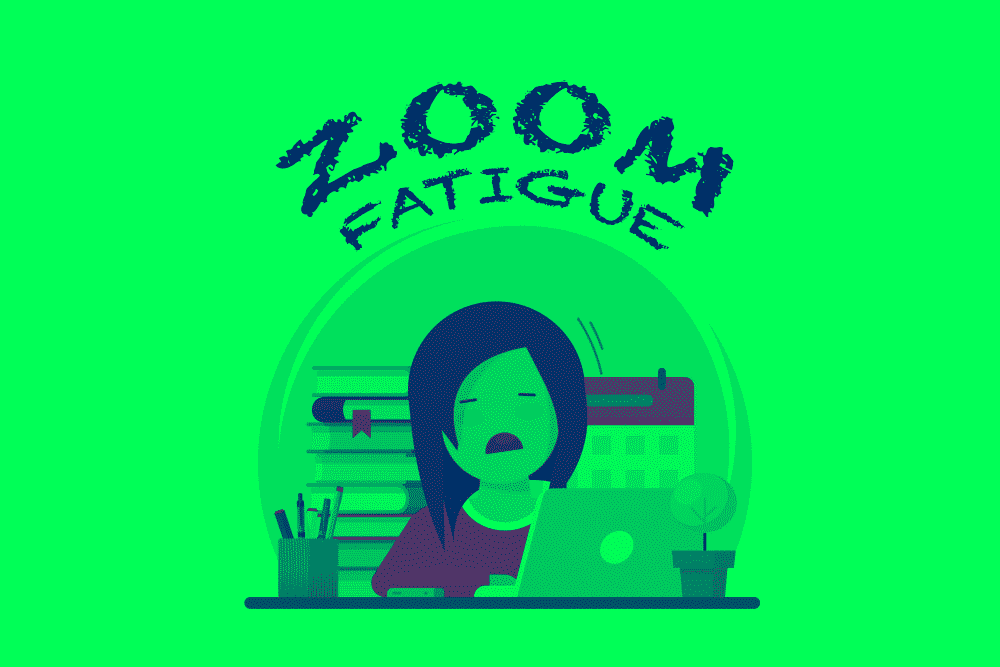Zoom Fatigue and Kids: How to Help
“Zoom fatigue” is a new phenomenon researchers are observing as we all find ourselves having to use virtual platforms on a regular basis. Psychology Today describes it as the exhaustion we experience from video chatting. It affects adults and kids too. Video chatting can be more tiring to us because our brains have to work harder. When we are face-to-face with people, we are looking at their faces and hearing their voices, but we also read their body language. When we’re virtual, we have to work much harder to process information. Video calls demand a lot more of our attention and focus.
Then there is the major distraction of seeing ourselves on screen. This can make kids feel self-conscious because they are constantly aware of how they look, and how they are presenting to others, which doesn’t happen in person.
Lastly, each time our children sign into a Google Meet or Zoom, there is no escaping how different things are. It’s a daily reminder of the changes in their lives, and this can cause sadness, frustration, and anxiety. So, how can we help?
Validate Your Child’s Feelings:
The truth is that this is a difficult time for kids and it is exhausting to have to sit for hours in virtual classrooms. Acknowledge this to your children and let them know you understand how they feel.
Reduce Screen Time Outside of School:
When your child doesn’t have to be on a screen, discourage them from using them. Have them take a break from screens and computers when they aren’t in school. Help your child to find calming activities to occupy their time such as making art, listening to music, reading books, making puzzles, or going on walks with you.
Ask Your School for Help:
If your child is really suffering and it’s affecting learning, talk to your child’s teachers and guidance counselor about it. Ask if there can be more flexibility in your child’s virtual schedule. For example, if you observe that your child really needs a break, ask if your child could take a break and then meet with the teacher at a later point during office hours.

